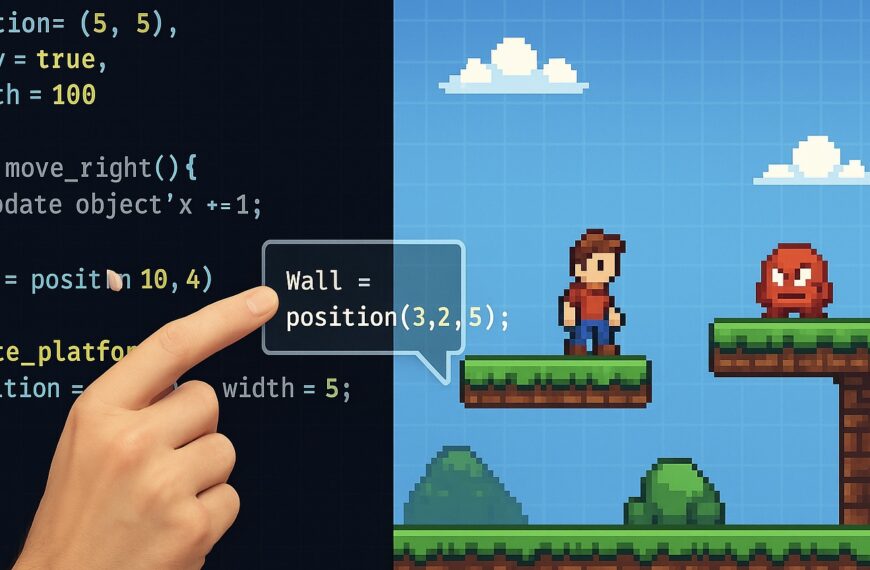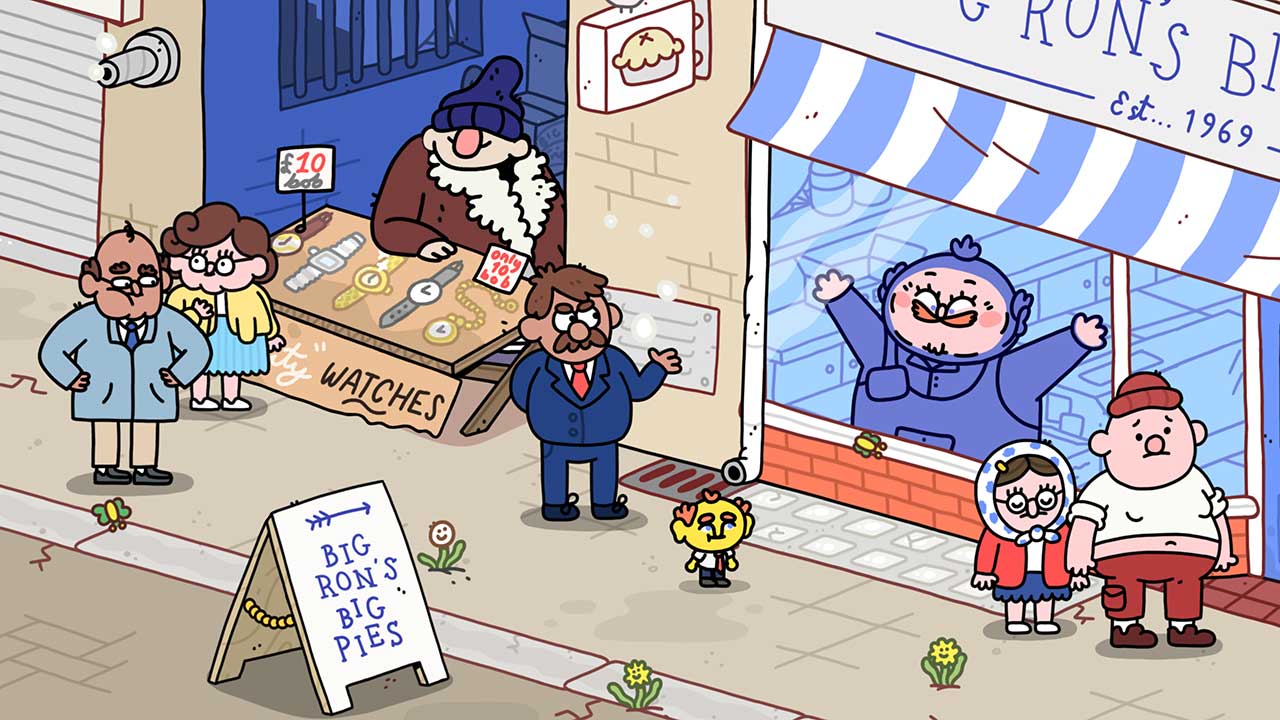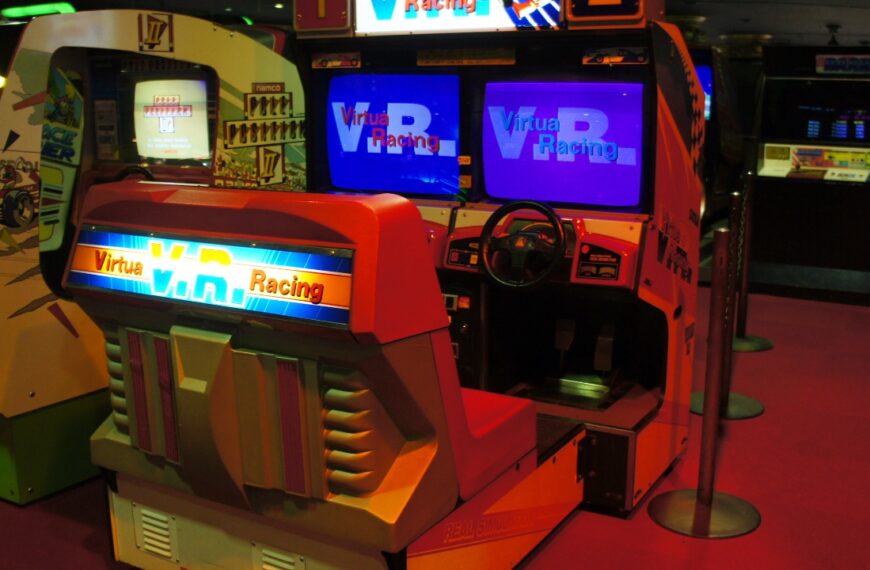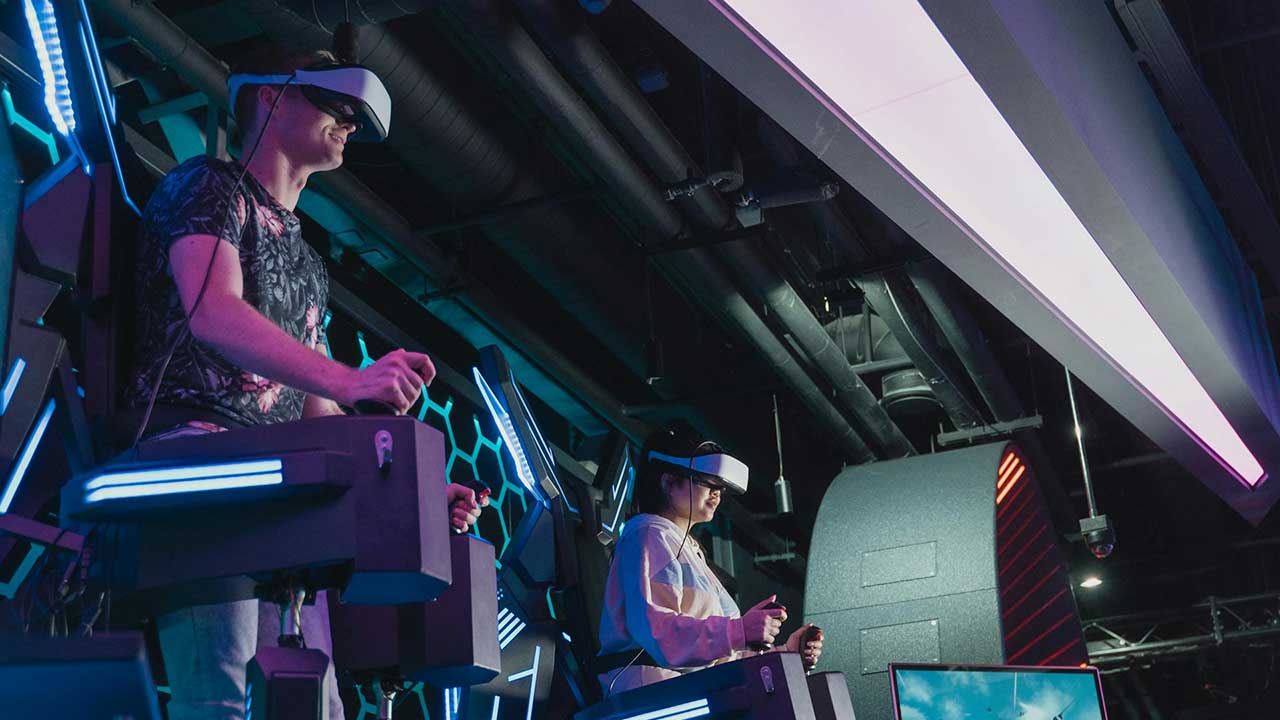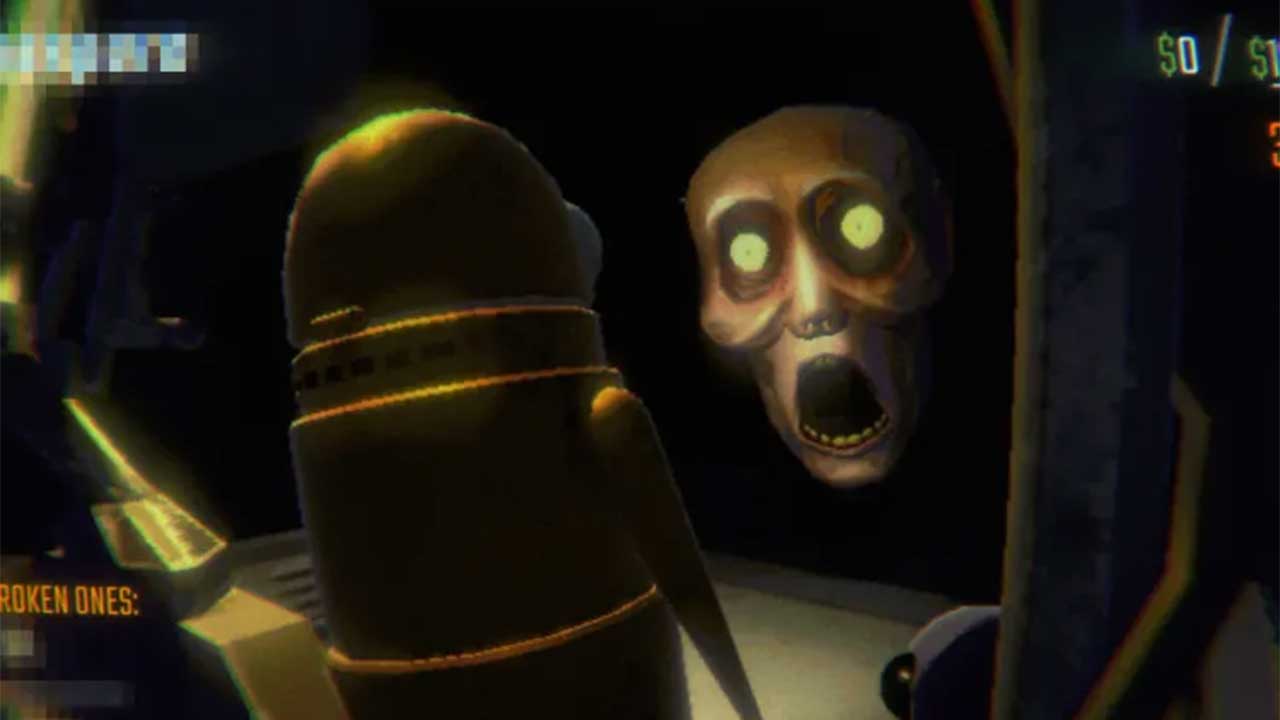Some games are about exploration. Others are about action. But a few let you do something very different—change the rules as you go. These games turn coding itself into the core mechanic, letting players modify how the game works from inside the game world.
Code as a Puzzle Tool
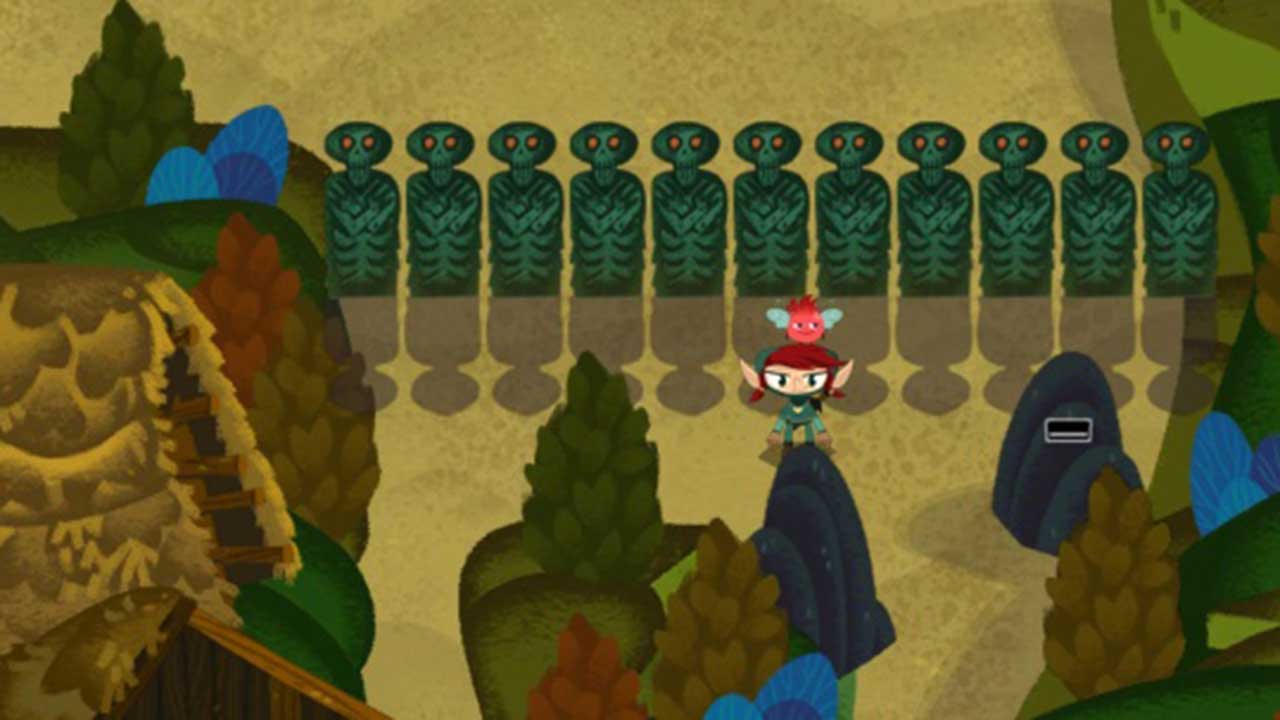
In Hack ‘n’ Slash, a game by Double Fine, you solve problems not by fighting or collecting—but by digging into variables and flipping them. Enemies can be slowed down, doors opened, or puzzles bypassed by editing the actual behavior of objects in the game. It’s a rare case where understanding game logic becomes part of the story.
Changing the World in Real Time
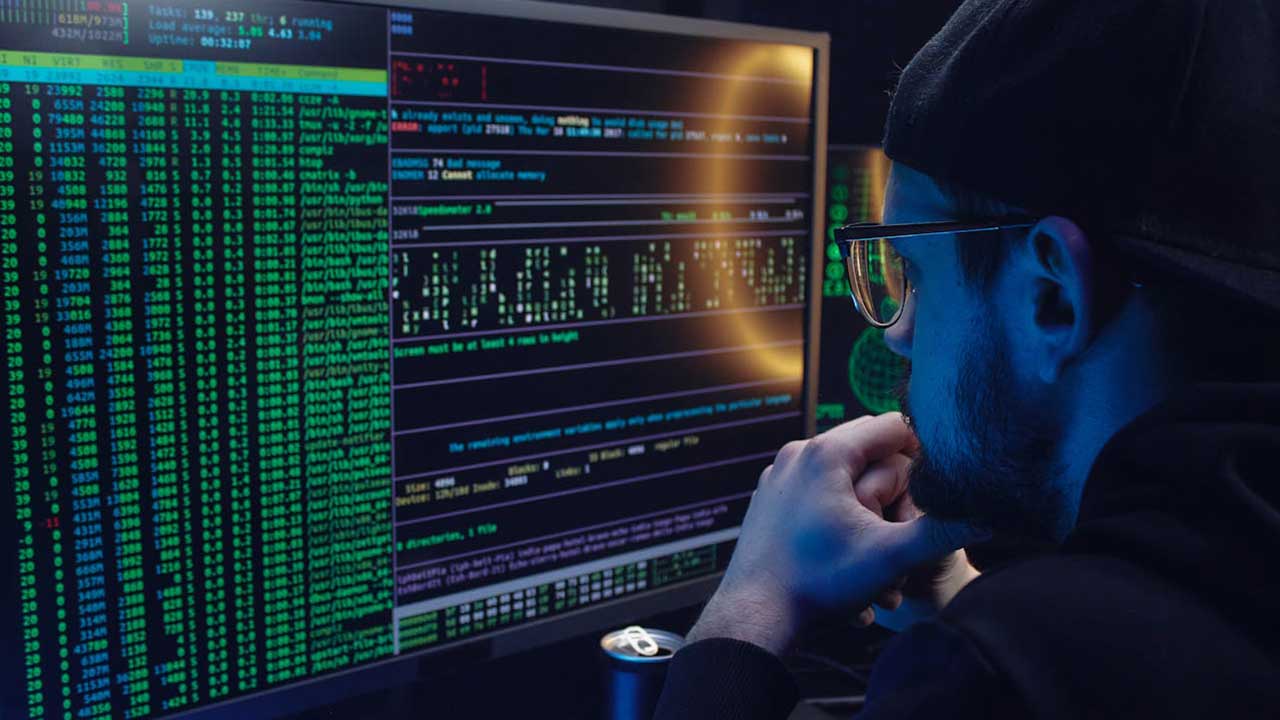
Teardown gives players a fully destructible world—and then hands them the tools to modify it. Using Lua scripts, players can spawn new objects, change physics, or create their own tools. The game’s modding API is built right into the experience, making experimentation part of the gameplay loop rather than something you access from a menu.
Programming as the Game
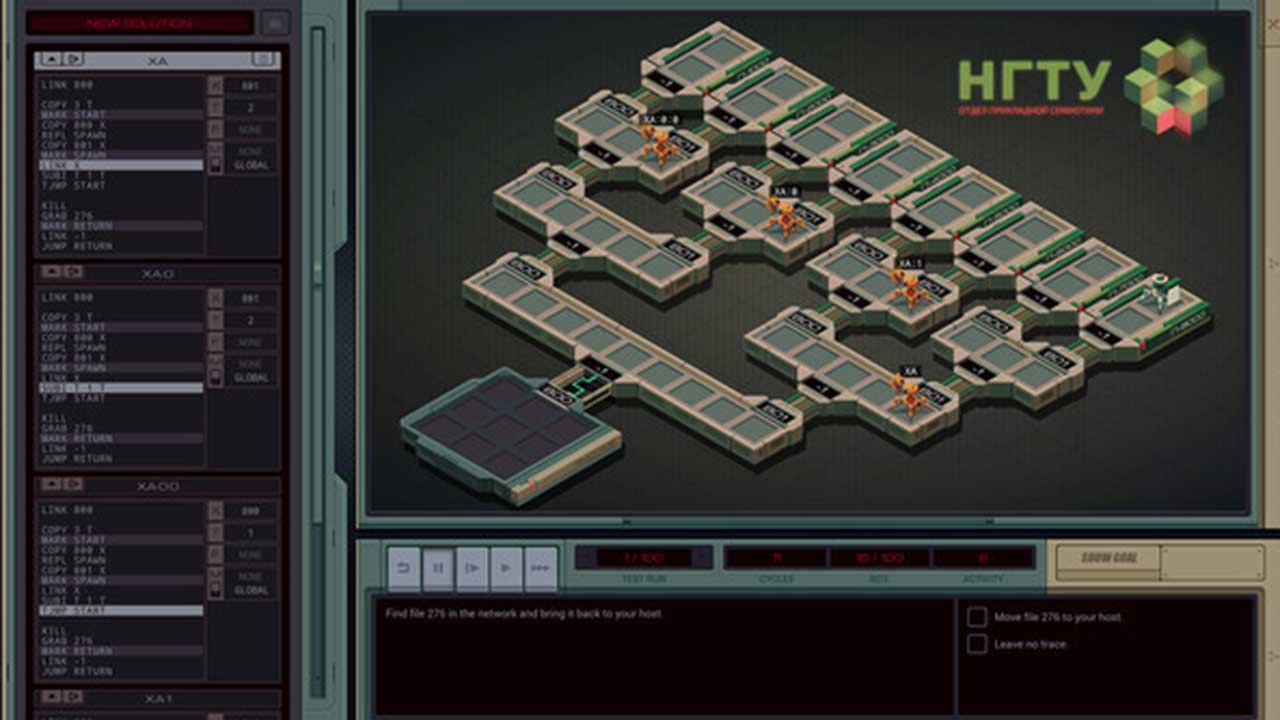
Some titles go even further. Exapunks is built entirely around coding. You write instructions for tiny in-game bots to complete objectives, like hacking ATMs or rerouting traffic. The game doesn’t just simulate programming—it forces you to think like a programmer to progress, rewarding both efficiency and creativity.
Built to Be Broken
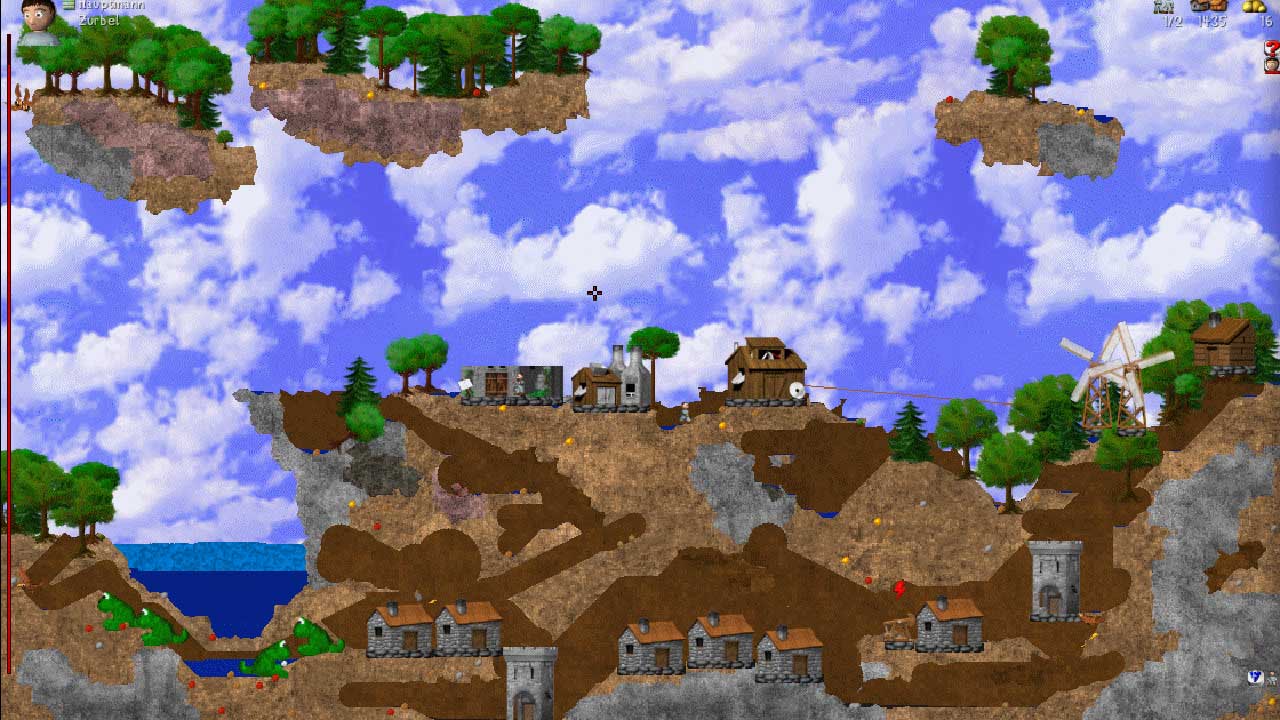
The Clonk series has always encouraged players to pull things apart. It includes an editor that lets users reshape almost every part of the experience, from physics to character behavior. Long before modding became common, Clonk treated user tinkering as a core feature—not a side option.
Game Design, in the Hands of Players
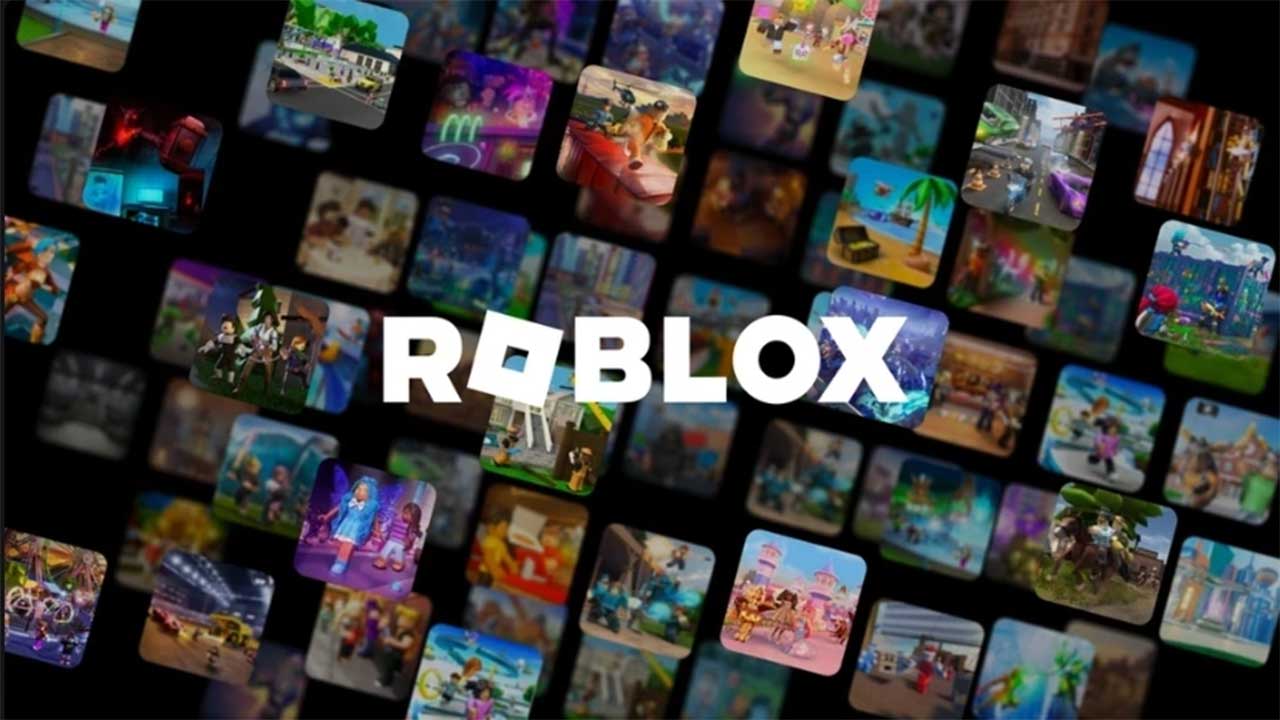
Roblox has taken that idea to a new level by making an entire platform based on user-created games. With recent AI tools being added, users can now build and edit systems through natural language, writing less code while controlling more of what happens on screen. It’s not just modding—it’s full-on development, simplified and open to anyone.
Could This Be the Future of Gaming?
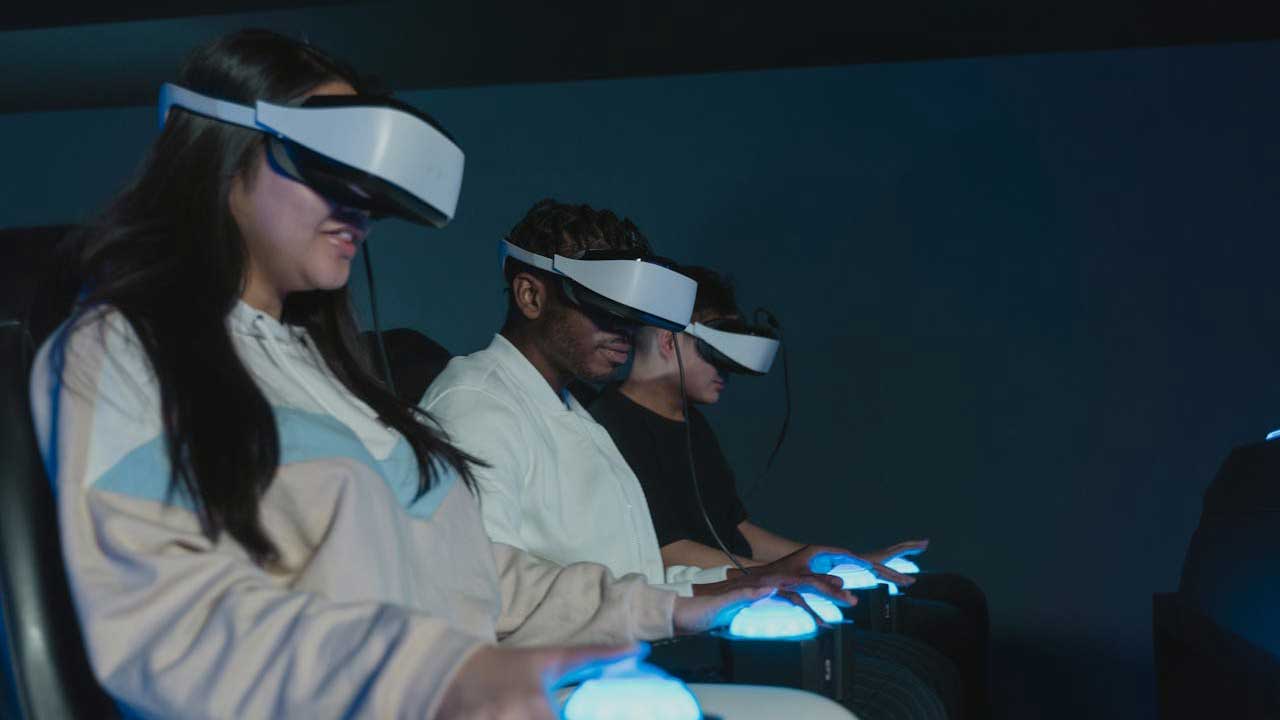
Games that let you rewrite their rules from the inside out are more than just clever gimmicks—they shift who gets to shape the experience. Whether you’re tweaking physics or scripting your own systems, the line between developer and player is getting thinner. That shift could change not just how games are played—but how they’re made in the first place.
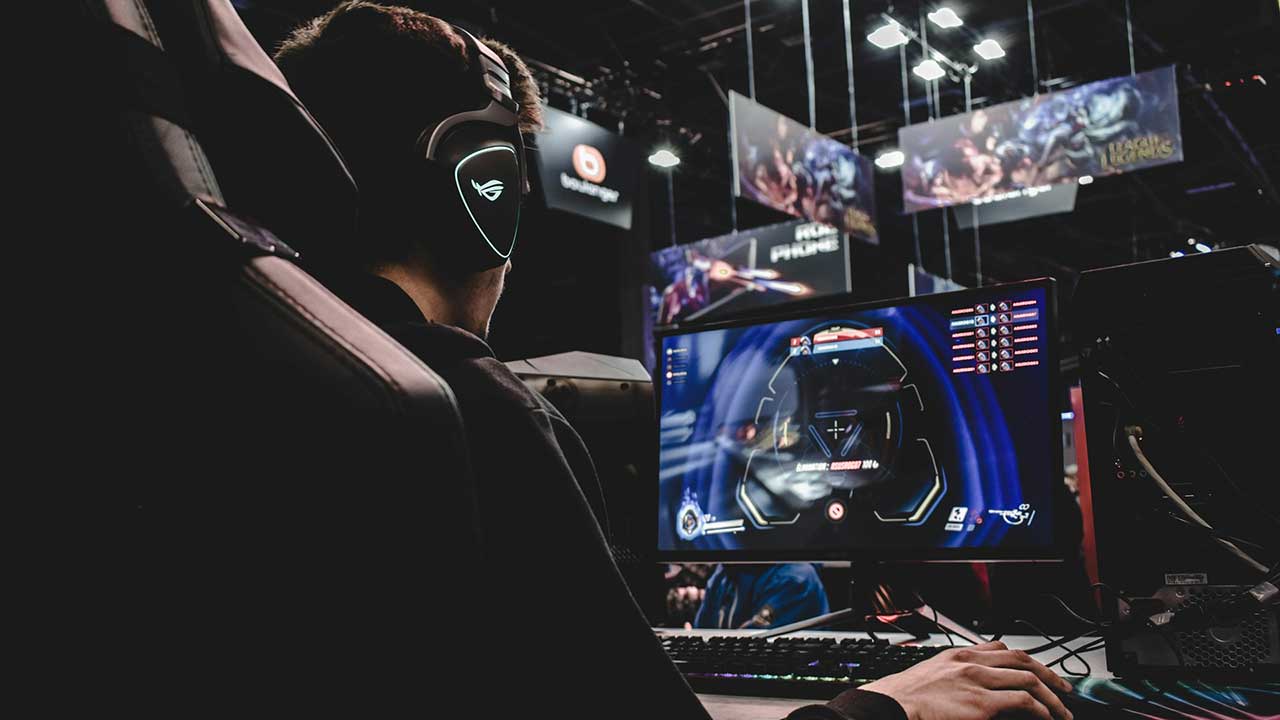

 By
By
